Bacteria are single-celled, living things found almost everywhere on Earth. Viruses are a protein shell with DNA inside, and they need a host cell to reproduce. The human immune system has the ability to kill most bacteria and viruses before they make us sick.
To better understand bacteria & viruses…
LET’S BREAK IT DOWN!
Bacteria are living things made of one cell.
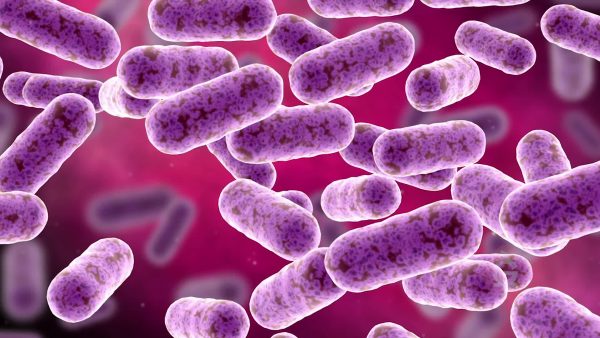
Bacteria are single-celled (unicellular) organisms that reproduce by copying their DNA and splitting it in half. Bacteria reproduce quickly; millions of them can be produced in a single day! Bacteria can be both helpful and harmful. Millions of bacteria live on your skin and in your body. Some of those bacteria help you digest food and others live on the surface of your skin and prevent you from getting sick. Bacteria can also cause bad infections like salmonella, which comes from eating undercooked food. Because bacteria divide and make more of themselves so quickly, they are often difficult to control and may require antibiotics to treat them. Antibiotics are medications that break down the cell walls of bacterial cells and kill them so they don’t keep replicating themselves and making you sick.
Viruses are nonliving and cannot reproduce on their own.
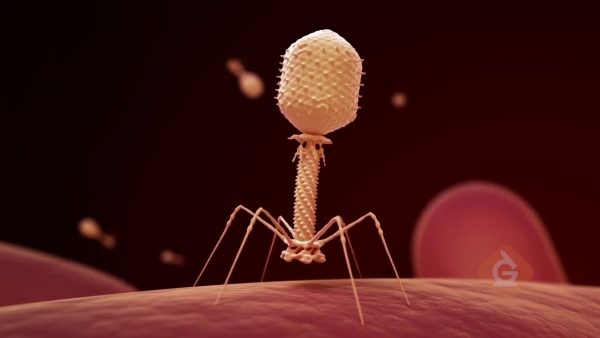
Viruses are not living cells, so they cannot divide on their own. They need a host cell to reproduce. A virus attaches to the surface of a cell, injects its DNA into the cell, hijacks the cell to make more copies of the virus, and explodes the cell—killing it and releasing the virus to go infect other cells. Different from bacteria, most viruses are harmful, and they attack specific types of cells. For example, COVID-19 infects cells of the human respiratory system. There is a virus called the Tobacco Mosaic Virus that infects cells of the tobacco plant. Viruses are usually specific to the types of cells they infect because they have a certain shape that allows them to attach to certain types of cells.
Our immune system has the ability to eliminate most viruses and bacteria.
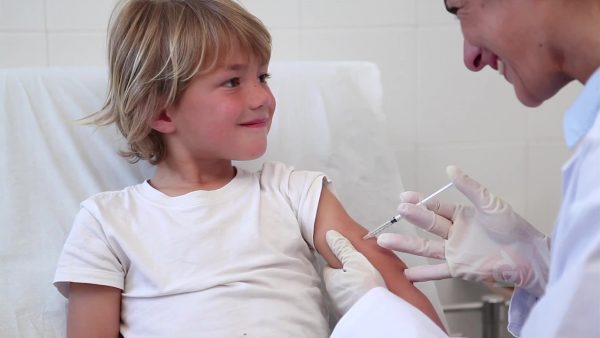
The human immune system is made up of special cells, called white blood cells, that fight against most bacteria and viruses. Vaccines are medicines doctors give you to help prepare the immune system to fight an infection before your body even comes in contact with it! Vaccines activate the immune system to identify viruses and bacteria that can be harmful. These cells not only prepare to fight the invaders but also remember the size and shape of the invaders if they happen to come into contact with them again. This is why you rarely get sick from the same virus more than once.
Bacteria and viruses can spread easily through coughing, sneezing, and touching.
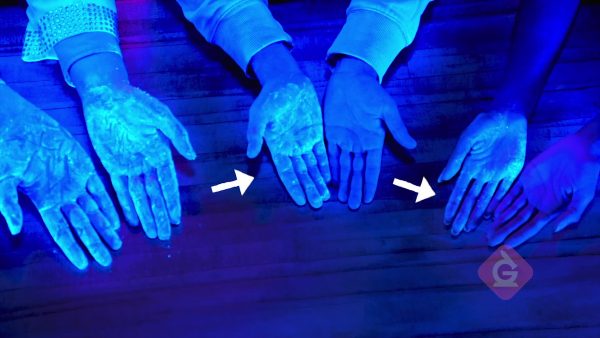
Bacteria and viruses travel easily through droplets from your nose and mouth that can be spread when you cough or sneeze. These droplets are formed by your body in what are called mucus membranes. When these mucus membranes are disrupted, the likelihood of infection is much higher and it is much easier to become sick from other people. To prevent the spread of infection, you should wash your hands, avoid sharing drinks and eating utensils, and stay home if you’re sick!
Many science careers involve the study of bacteria and viruses.
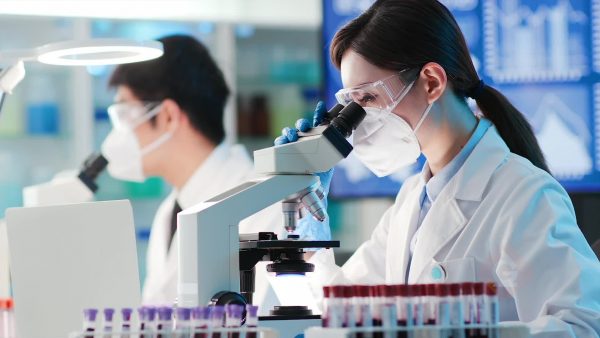
Microbiologists and virologists work together to study bacteria and viruses so they can understand more about how to prevent them. These scientists grow bacteria in their laboratories and conduct investigations to determine the best treatment methods for different types of bacteria and viruses. Scientists all over the world are currently working on antibody tests and vaccines for COVID-19.
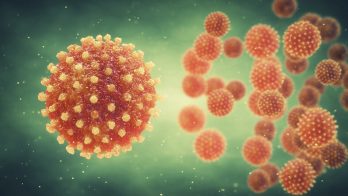





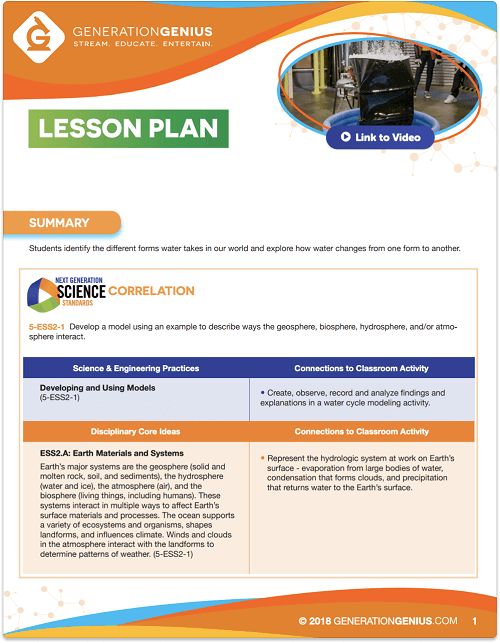

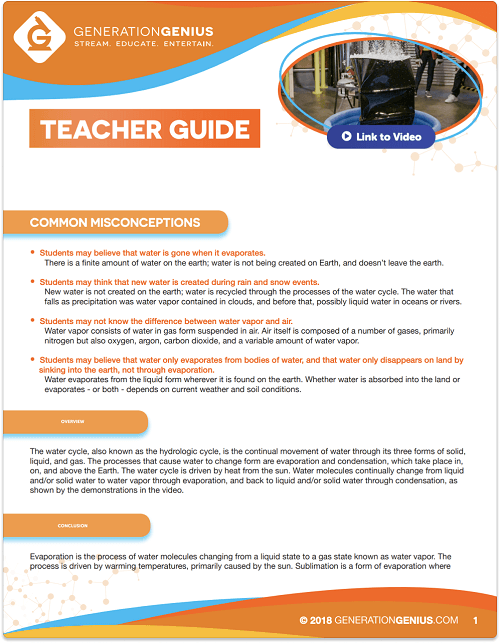
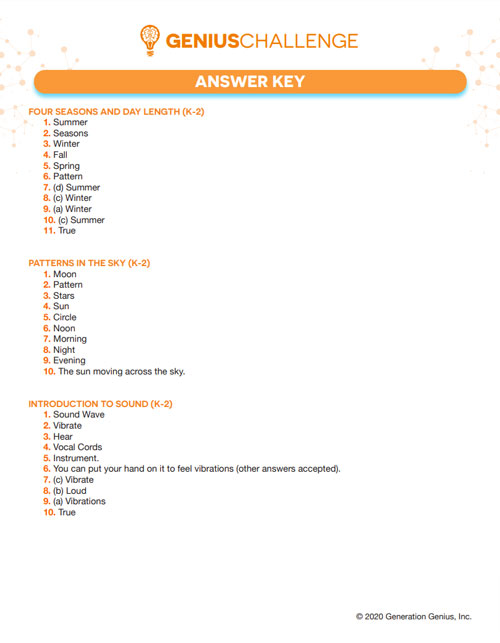























































































































 Select a Google Form
Select a Google Form












